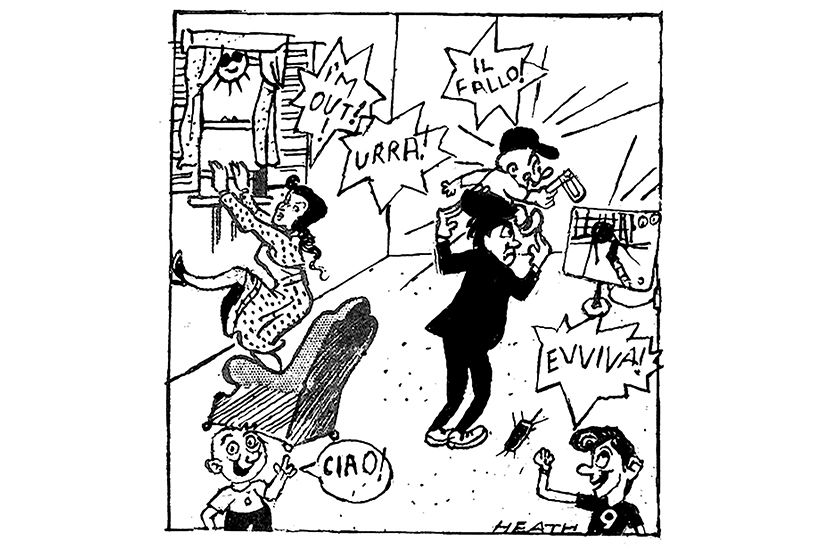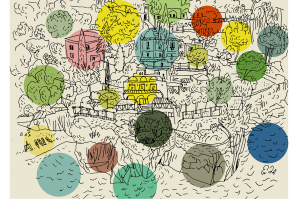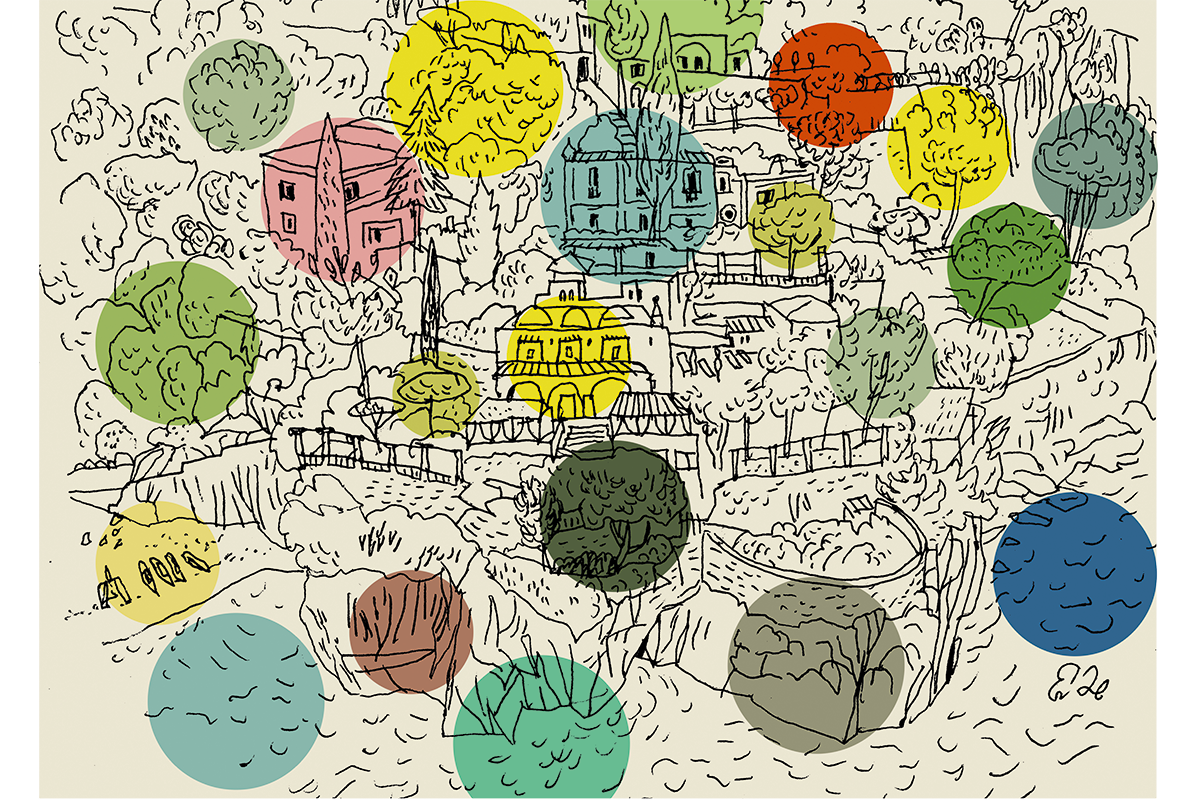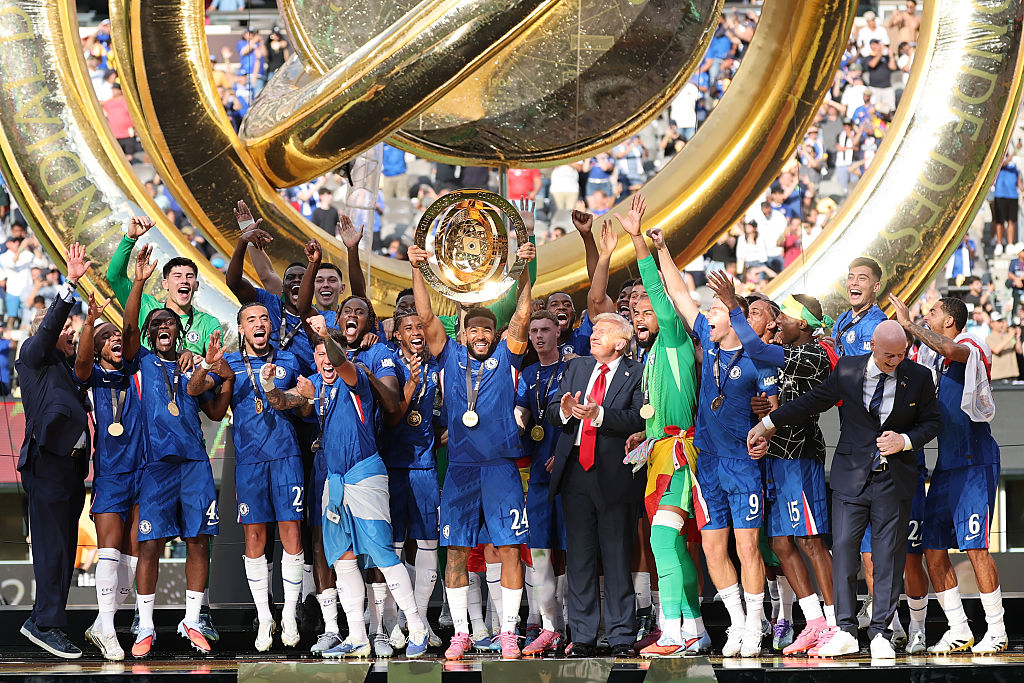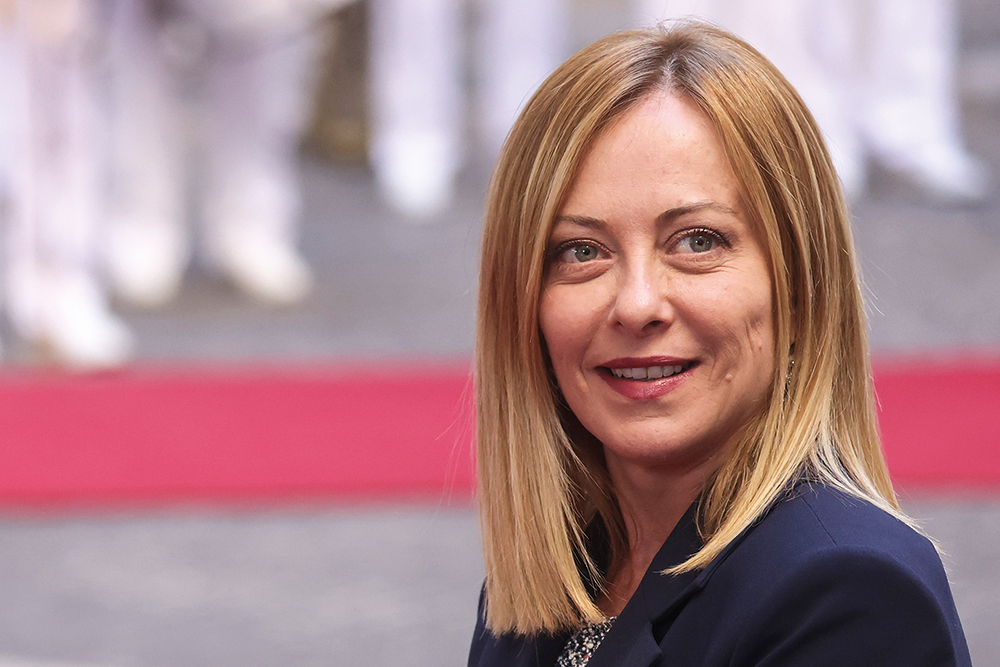Dante’s Beach, Ravenna
My fiery Italian wife Carla is not just a passionate patriot but also a devout Catholic, and so with perfidious Albion looking good and leading gli azzurri one-nil she disappeared to wash her hair and pray to the Madonna. The next day, when the dust had settled, I asked her why. ‘I was suffering so much pain that I felt like swearing and blaspheming at the inglesi,’ she said. That left me — a lone inglese — in front of the TV with our six children (aged five to 17) who feel passionately Italian despite being half English. When Italy scored the dreaded equalizer they exploded with joy and Carla returned briefly to watch the replays, wrapped in a towel and with her long black corkscrew hair still dripping with water. Then off she went again as her prayers had been answered only in part. At home, she prays to a kitsch artist’s impression of the Virgin Mary that used to be attached to the wall above the kitchen sink but is now on the wall next to her side of our bed. In extra time she made another apparition in front of the TV but could not face the penalties; instead she lay on our bed, face tilted up towards the Madonna, deep in prayer. Victory assured for gli azzurri — thanks to her concerted efforts — Carla came back to join in the leaping and shouting and hugging of our children as they danced about the house and out into the garden, setting the dogs off on a frenzy of baying and barking. Meanwhile I remained glued to my seat in front of the TV engulfed by an all too familiar sense of ennui. Normally, when England or Britain do badly at something — all British people are inglesi to the Italians — Carla crows with delight but miraculously — when the triumphal procession found itself back within striking distance of me — she bent down and gave me an affectionate kiss and a hug. ‘Povero, povero inglese,’ she said, ‘Poor, poor Englishman.’
Roberto Mancini, 56, the incredibly cool Italian manager, is also a devout Catholic. He learned to play soccer at his local parish church in Jesi near the Adriatic port of Ancona, where he was an altar boy. On Sunday, the current parish priest, Don Federico Rango, moved forward evening mass to avoid clashing with the final, and invited parishioners to join him to eat porchetta panini and watermelon and to watch the game on a maxi-screen set up on the church basketball pitch. ‘We await you all fired up and desirous of victory!’ said Don Rango in a message on the church website. A lot of people from outside Jesi had asked him, he added, which local places linked to Mancini they should visit but he had refused to tell them. ‘I reply that he is not yet a saint,’ said the priest.
Mancini has even been to Medjugorje, near Mostar in Bosnia, where the Virgin Mary is said to have appeared to six children in 1981 and continues to do so virtually non-stop, performing miracles on and off as well. It has been noted that after Mancini’s first visit there in 2012 when he was Manchester City manager and met one of the veggenti, as the children who are now adults are known, City made a miraculous late surge to come from behind and snatch the Premiership title. Carla has dragged me to Medjugorje a couple of times but the only miracle I witnessed there was that you can still smoke inside bars and restaurants. Nevertheless Italy’s superb record in international soccer — four World and two European cups — does force me to think that the Three Lions need a little less God Save the Queen and a lot more God.
Even though I have lived in Italy for nearly a quarter of a century, I cannot honestly cheer the azzurri even when they are playing a team that’s not England. I still feel English, or rather British. Yes, I could become an Italian citizen but that would not make me feel Italian. Norman — now Lord — Tebbit had a lot to say about all this when he invented his notorious cricket test in 1990. The huge numbers of British Asians who supported India and Pakistan against England were proof, he said, of a refusal to integrate which would cause serious social problems, such as Muslim extremism. No doubt Lord Tebbit would applaud my children and lump me — a Brexiteer expat Briton — in with the Islamists.
The behavior of the inglesi footballers and their fans has unfortunately provided both Europeans and Remainers with a truckload of ammunition to sling at the British and Brexit: the booing and whistling of opposition national anthems in the knockout stages and every time the Italians got the ball; the hypocrisy of a country that invented the concept of the English gentleman and fair play becoming tournament champions at the professional dive; the insulting removal of the silver runners-up medals: the racial abuse directed at the three black players who missed penalties; the burning of the Italian flag. None of it — to put it mildly — is a good look. As the Italians say: che brutta figura! In sharp contrast to the bella figura displayed by their own national squad and their own fans. But the Remainers really have been clutching at straws by insisting that this is the product of the inner fascist unleashed in the English by Brexit. English soccer fans — for decades world-famous for their thuggery — have behaved, if anything, a trifle better post-Brexit. Can’t think why but when I heard all those boos and whistles from England fans during the opposition anthems, I assumed it was Remainers booing and whistling the nation state.
This article was originally published in The Spectator’s UK magazine. Subscribe to the World edition here.



